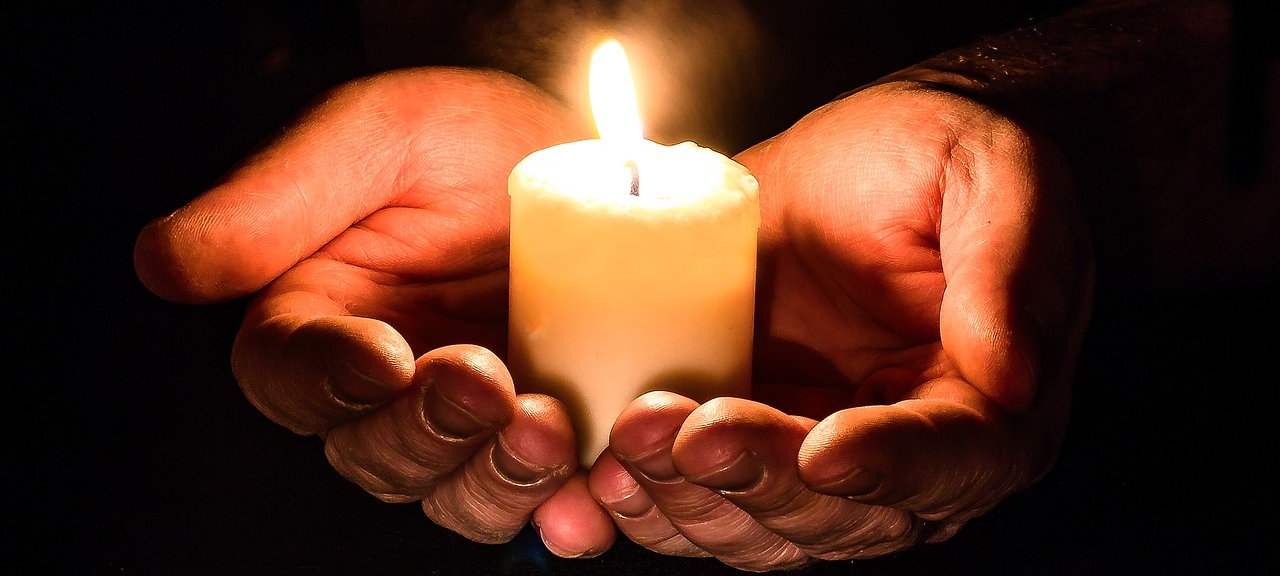After egg donation, the collected eggs are placed into Petri-dish in the IVF laboratory for evaluation and counting.
The harvested eggs are fertilized within 6 hours of the egg donation by introducing a limited concentration of sperm onto every egg or following ICSI (intracytoplasmic sperm injection).
In the ICSI procedure, a single sperm is injected into an egg and after eighteen hours of the egg retrieval process, the fertilization of the egg is evaluated.
The fertilized eggs are medically termed as zygotes, which consists two of pronuclei and one of the pronucleus.
It contains half of the female’s DNA, whereas another pronucleus contains half of the male’s DNA.
The complete accompaniment of both of these DNAs unite together to form the genetic material and generate an embryo.
The created embryo is then further cultured in the incubator to provide a favorable environment, which is quite similar to female fallopian tube for further growth of the embryo.
Special attention is required for maintaining the balance of oxygen, carbon dioxide and other nutrients; and also to taking care about accurate pH to promote embryo growth.
The healthy embryo is then placed to the mother's womb for further development of the offspring.
However, donated eggs and the formed embryo can also be cryopreserved for future use.
After receiving egg :
- After retrieving eggs next part of work start in the IVF lab. Our embryologist checks number and quality of eggs and after that approval, the eggs are prepared for IVF procedure.
- After that intended father's sperms are fertilized with donor eggs in a particular medium kept in the CO2 incubator. Inside incubator temperature and Co2 levels are maintained, after fertilization the Embryos are created.
- In some cases when sperm count is low, we do ICSI (Intra Cytoplasmic Sperm Injection). We freeze the good quality embryos on Day 3 or Day 5 (Blastocyst). Then we transfer the frozen/fresh embryos in the uterus of recipient/ surrogate mother.






